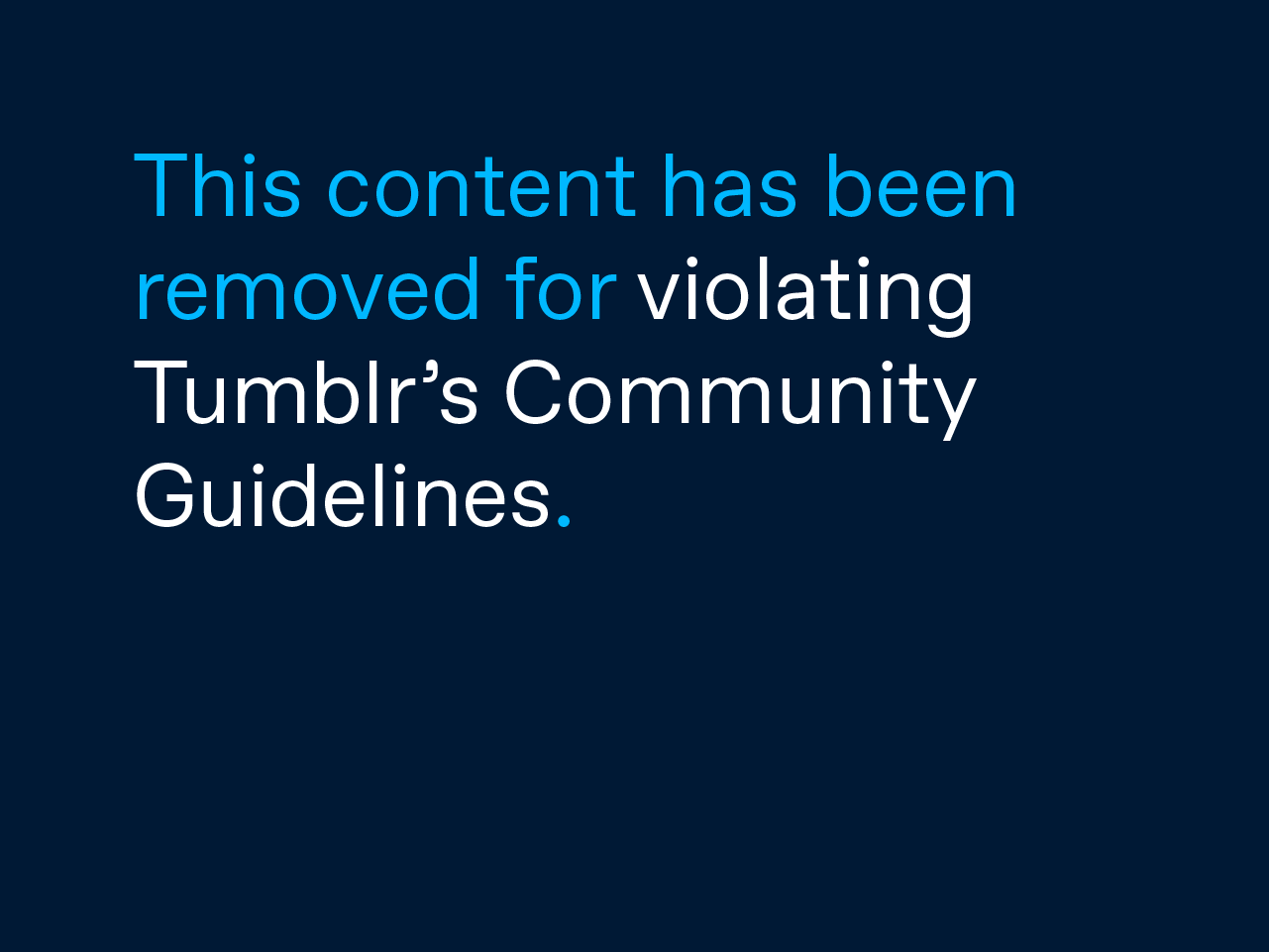2. Review of the Epic Hero Characteristics. Examples of how Achilles and Hector function as an epic hero.
3. For Friday: Response to the prompt... Is Hector or Achilles a better example of an Epic Hero and why? Submit to Google Classroom.
After your exploration of both Achilles and Hector's function as an Epic Hero, you will be making the argument that either Achilles or Hector are a better example of the traditional Epic Hero. Using the characteristics as your guide, make the argument with examples that ONE character represents this character type more than the other. Neither character are a clean sweep... so you will need to acknowledge the counter-claim for the other character in your argument.
Remember the thesis/claim structure: Subject + attitude/belief + blueprint.
Sample:
"Although Achilles (shows this specific trait.. etc.), Hector represents the Epic Hero character type more comprehensively because ..... "
MLA Formatting
2 pages.
Textual evidence cited correctly.

